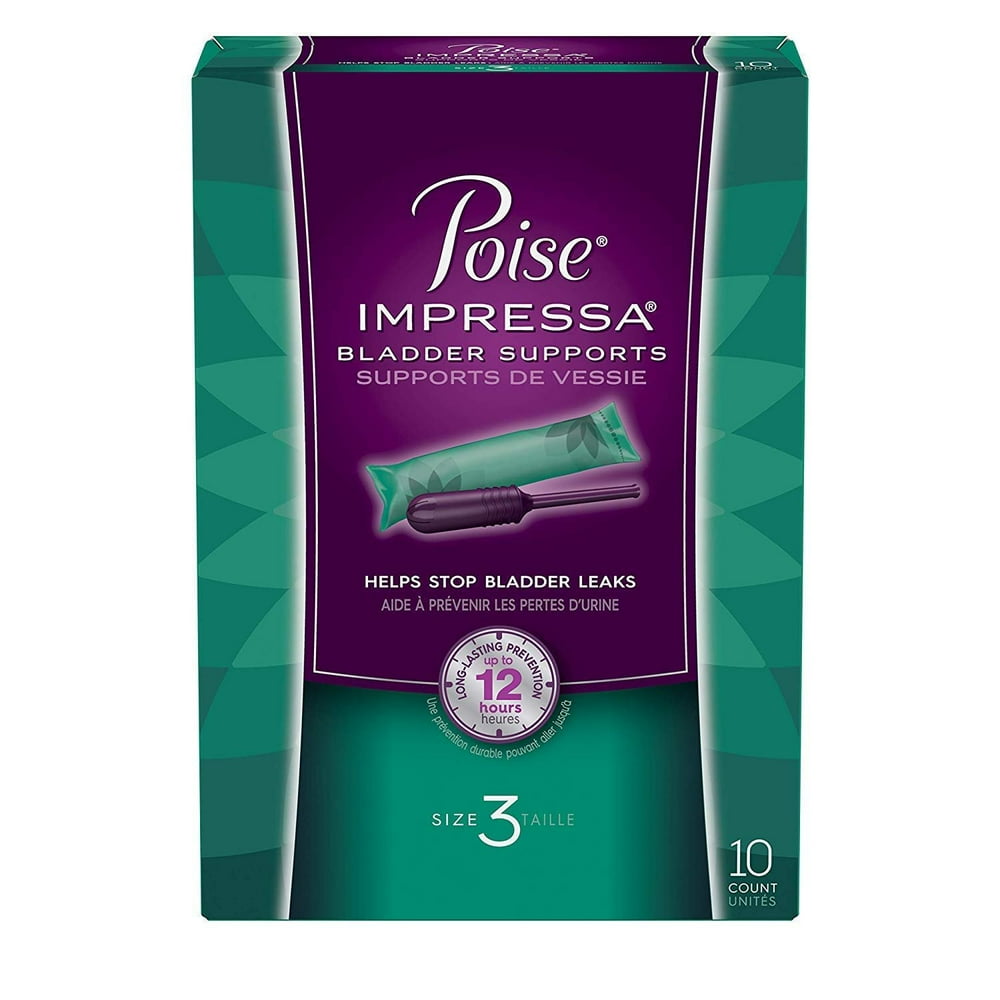
September 12, 2024
Impact Of Conjugated Estrogen In Stress Urinary System Incontinence In Women With Menopause
Anxiety Incontinence: Causes, Signs And Symptoms And Therapy In combined urinary incontinence, bladder training and pelvic exercises lead to greater improvement price than using anticholinergic medications. In overflow urinary incontinence, medicines and surgical procedure are very reliable in improving signs. In addition, urinary incontinence is underdiagnosed and underreported. An approximated 50-70% of ladies with urinary system incontinence fall short to seek clinical assessment and treatment due to social stigma. Just 5% of incontinent people in the neighborhood and 2% in retirement home get ideal clinical examination and therapy. People with urinary incontinence frequently deal with this condition for 6-9 years before seeking clinical treatment.What Causes Urinary System Incontinence?
Exactly how do I tell if my hormones are unbalanced?
Alternative Therapies And Monitoring
Do inform your expert registered nurse or medical professional if you are dripping pee. Vaginal dryness can create irritability in the area of the urethra. This can increase the risk of infection and discomfort when passing pee. In 1989, the National Institutes of Health Agreement Development Seminar estimated the annual price of urinary incontinence in the USA to be $12.4 billion. Real expenses can be tough to approximate because many people do not Pelvic organ prolapse concern the interest of medical professionals. Urinary system incontinence needs to not be considered a condition, because no certain etiology exists; most individual cases are likely multifactorial in nature. The etiologies of urinary system incontinence vary and, in a lot of cases, incompletely understood. It is necessary to tell your physician or registered nurse if you are having issues. Urethral incompetence usually leads to periodic urinary incontinence, generally at rest. Hormone treatment (estrogen) in postmenopausal ladies alleviates urinary frequency which results in enhance in the toughness of muscular tissues around the bladder. Althoughbasic science in this area is limited, a recent placebo-controlled, randomizedclinical trial of estrogen alone clarifies this concern. Urethral closureis based on the incorporated action of the suburethral vaginal wall, thepubourethral ligaments, the pubococcygeus muscles, and the paraurethral connectivetissues. As you age, the muscles that sustain your pelvic body organs can deteriorate. This suggests that your bladder and urethra have less assistance-- usually leading to pee leakage. On top of that, females who are taking estrogen, if vaginal blood loss ought to refer medical professional quickly. The RR for tension UI changed from 1.87 to 1.88, the RR for urgeUI altered from 1.15 to 1.13, and the RR for combined UI altered from 1.49 to1.48. Adjustment for parity in the regression versions representing theestrogen alone trial did not alter any of the RRs.- Nerve damages can disrupt signals from your bladder to your mind so you do not experience need to pee.
- The pubourethral ligaments additionally put on hold the middle section of the urethra to the rear of the pubic bone.
- Estrogen is launched in your body before and during ovulation, and thickens the uterine cellular lining to prepare the uterus ready for pregnancy.
- Vasoactive digestive tract peptide, a smooth muscular tissue depressant, is decreased considerably in the bladders of clients with detrusor overactivity.
- Throughout sacral nerve excitement, an operatively implanted device delivers electric impulses to the nerves that control bladder activity.
Social Links